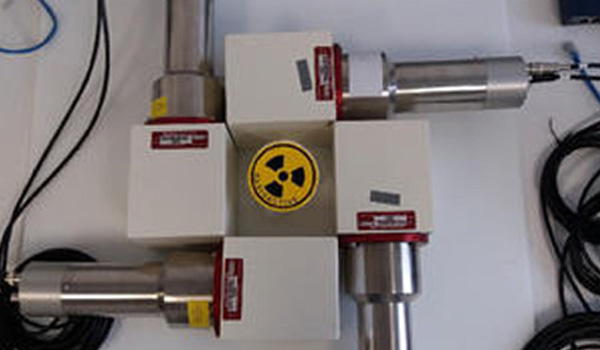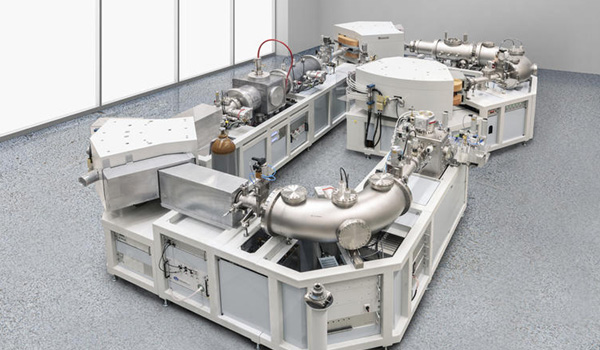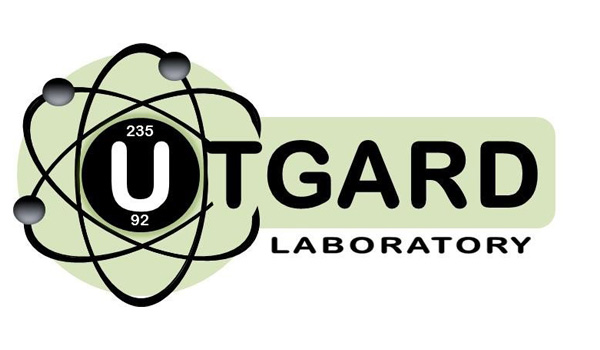Nuclear research has been active at Lancaster for twenty-five years, leading in research and industrial income for the Faculty and the University.
Nuclear research has been active at Lancaster for twenty-five years, leading in research and industrial income for the University. We have expertise in fission and fusion fuel cycles, nuclear medicine, nuclear security and safeguards and the economics and social acceptability of nuclear. The establishment of Nuclear Lancaster catalyses Lancaster's engagement within the nuclear sector and establishes the University as a powerhouse for interdisciplinary nuclear research.
Lancaster is host to three National Nuclear User Facilities (NNUFs) (ADRIANA, UTGARD radiochemistry labs, and the Lancaster Accelerator Mass Spectrometer), which give us definitive, experimental research capability of national and international significance. Lancaster is also associated with the National Nuclear Laboratory and are represented on virtually all governmental advisory bodies including:
- Nuclear Innovation and Research Advisory Board (NIRAB)
- The Committee on Radioactive Waste Management (CoRWM)
- The UKAEA Programme Advisory Committee
- Nuclear Decommissioning Authority (NDA)


.jpg)


